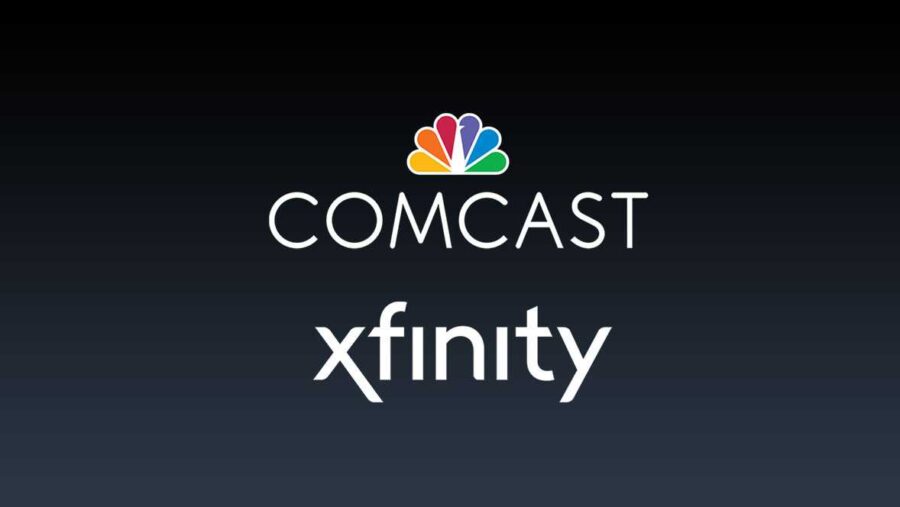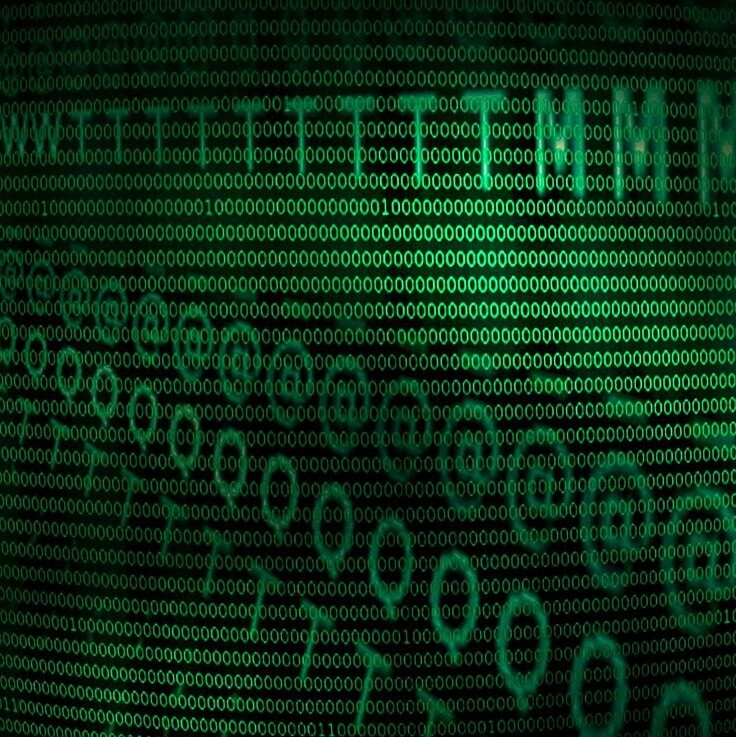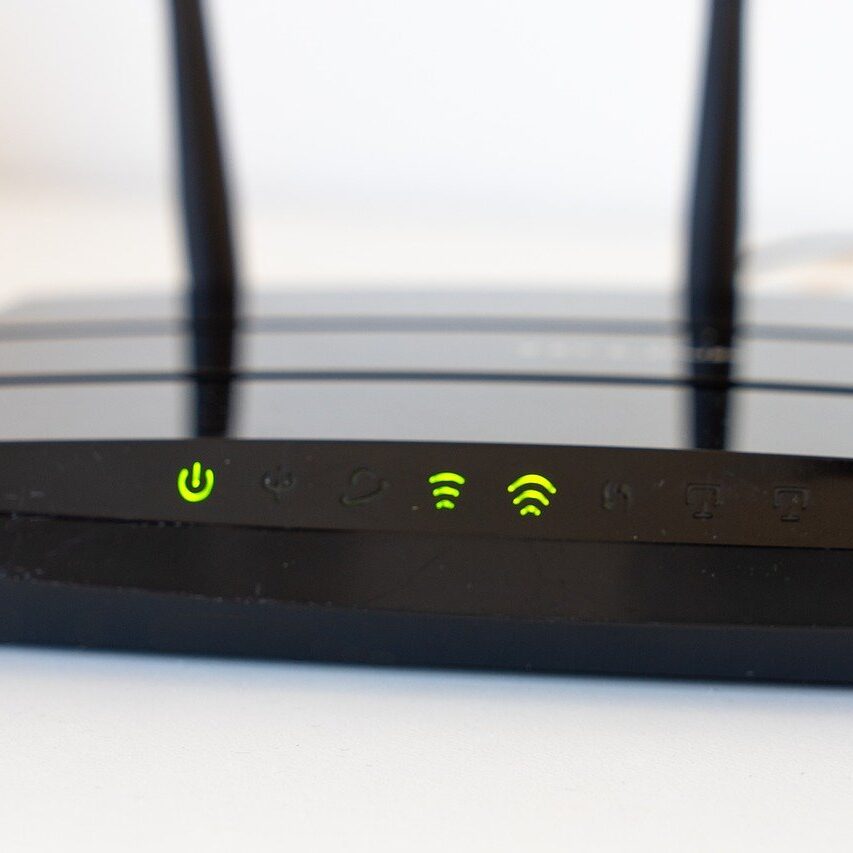Comcast Is Going To Limit Home Internet Usage In The United States
Look out America, big business and tech are ready to strike again.
This article is more than 2 years old

Look out America, big business and tech are ready to strike again. If it’s not bad enough that Facebook and Twitter have decided they have final approval on what you can write and post, though you don’t work for them, Comcast is now poised to impose a 1.2 TB data cap limit. It stars in more than a dozen states in January 2021.
Admittedly, this may not be the beginning of the apocalypse (the entire 2020 carries that distinction), since this is not the first time Comcast has set data limits. But the timing of data cap limits is puzzling with the COVID pandemic blanketing the United States and more people having to work from home… ohhhhhhh. More people working from home.
Back in 2016, Comcast had a 300GB data cap limit that they rose to 1TB. Comcast’s reach at that time, and still today, covered 39 states. Also, at that time, Comcast had imposed this 1TB limit in 27 of those 39 states. Bringing the remaining 12 states into accordance with the other 27 seems to be a logical move, except for the timing of it. The states coming into play are mostly the Northwestern states where Comcast is now beginning to face competition from Verizon and their un-capped FiOS fiber-to-the-home broadband service. The 12 states are Connecticut, Delaware, Massachusetts, Maryland, Maine, New Hampshire, New Jersey, North Carolina, New York, Pennsylvania, Vermont, West Virginia, and the District of Columbia. This 1TB cap will also be hitting parts of Ohio and Virginia.

So, what does this mean for Comcast customers in those 12 states? Well, according to Comcast, most folks won’t feel the pinch. They state that nearly 95% of their customers don’t reach those numbers. The median monthly data use, over the past six months, is right around 300GB.
Comcast defended their decision to bring all states within these limits by reminding customers that this policy has already been in effect for about two-thirds of their customers and that, per a Comcast spokesman, “This is really just aligning (our policy) across all our markets.” The spokesman added via PCMag, “Five percent of our residential customers make up more than 20 percent of our network usage.” So, they are targeting those “super users.”
What Comcast is looking at is driving business toward their unlimited plans. To do this, they came out with rates that will be imposed once a customer surpasses the 1.2TB threshold.

Right now, Comcast charges customers $10 per every additional block of 50GB, with a max of $100 per month. Customers who wish to avoid these overage charges are offered unlimited data for an extra $30 a month or they can pay an extra $25 a month for Comcast’s xFi Complete, a plan that includes unlimited data and the cost to rent Comcast’s xFi gateway modem and router.
To somehow ease the news of this increase, Comcast says they will be allowing customers who are not on their unlimited plans a credit for the months of January and February for anyone going over the 1.2TB cap. This is in addition to the once every 12 months that Comcast allows a customer to exceed a 1.2TB limit. So, theoretically, Comcast will give customers three months of credit and start charging for real for overage’s beginning in April. Comcast states they will give customers who approach that threshold a warning, so they know of the potential increase to their monthly bill.
This obviously has not sat well with customers who are already feeling the major pinch of unemployment across the nation with no relief in sight. It even caused Sen. Ron Wyden (D-Ore.) to speak out to ARS on the current and proposed data cap, “Data caps have always been about socking consumers with extra fees to pad Big Cable’s profit margins,” Wyden said. “Even after the COVID-19 emergency passes, ISPs should do away with unnecessary data caps.”
With this data-cap expansion looming, Comcast needs to prepare itself for more disputes with their customers. Comcast has long maintained their data meters that count usage are accurate, but many times have had to correct mistakes. Comcast offers no way for customers the ability to track or see their own data usage, which infuriates their base. On top of that, there is no government regulation on these data meters that would ensure their accuracy.
Looks like for some, 2021 is going to have a 2020 taste to it.












